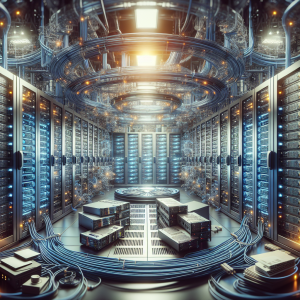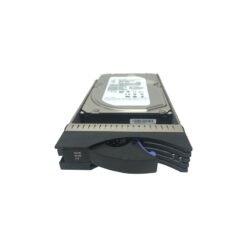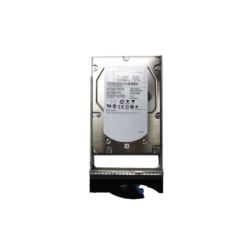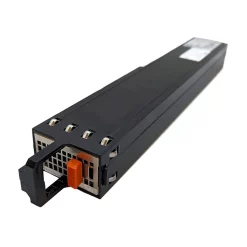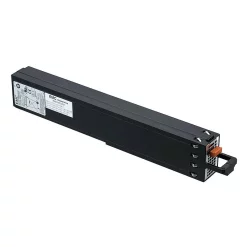Understanding Dell EqualLogic
The Dell EqualLogic series represents a line of storage area network (SAN) solutions known for their ease of use, performance, and scalability. These solutions are particularly appreciated by enterprises seeking to manage data storage efficiently and cost-effectively. In this article, we delve into the financial advantages offered by Dell EqualLogic, drawing on the implications for businesses of various sizes.
Initial Investment: Reduced Capital Expenditure
One of the foremost cost advantages of Dell EqualLogic is its relatively low upfront investment compared to other enterprise-grade storage solutions. The modular architecture enables businesses to start with minimal capacity and expand as needed, allowing for scalable growth without substantial initial capital outlay.
This pay-as-you-grow model helps businesses avoid over-provisioning, which is a common pitfall when estimating storage needs. The reduced initial expenditure can be better allocated to other critical areas of business development, thereby enhancing financial health.
Operational Costs: Simplifying Management
Dell EqualLogic’s automated management features significantly lower operational expenses. The intuitive interface and advanced features simplify storage administration tasks, minimizing the need for specialized IT personnel. This reduction in labor costs can be substantial over the lifecycle of the storage system.
Table 1: Average Savings on Staffing Costs
| Year | Traditional SAN Staffing Cost ($) | EqualLogic Staffing Cost ($) | Savings ($) |
|---|---|---|---|
| Year 1 | 50,000 | 35,000 | 15,000 |
| Year 2 | 52,500 | 36,750 | 15,750 |
| Year 3 | 55,125 | 38,588 | 16,537 |
Energy Efficiency: Cost-Effective Power Usage
Energy consumption is a significant component of data storage operational costs. Dell EqualLogic systems are designed with energy efficiency in mind, offering features such as automated drive spin-down technology. This saves substantial energy and cooling costs over time, providing a favorable return on investment.
Chart 1: Energy Efficiency Comparison

Lifecycle Costs: Long-Term Value and Reliability
The reliability and long-term performance of Dell EqualLogic contribute to its overall cost-benefits. The built-in redundancy features and proactive management tools reduce the risk of data loss and downtime, subsequently minimizing unexpected expenditure on data recovery or system repairs. Additionally, the robust design extends the lifecycle of the storage solution, securing enduring value for users.
Scalability: Reducing Costs of Growth
As data demands expand, businesses are often faced with steep costs associated with scaling their storage capabilities. Dell EqualLogic’s ability to scale seamlessly addresses this issue. Each expansion unit integrates effortlessly, avoiding the compatibility headaches and corresponding costs typical of upgrades to less flexible systems.
The data below illustrates the comparative cost advantage businesses can achieve through EqualLogic’s scalability:
Table 2: Comparative Expansion Costs
| Scenario | Traditional Systems ($) | EqualLogic ($) | Cost Advantage (%) |
|---|---|---|---|
| Small Expansion | 10,000 | 7,500 | 25% |
| Medium Expansion | 30,000 | 22,500 | 25% |
| Large Expansion | 50,000 | 37,500 | 25% |
Support and Maintenance: Comprehensive and Affordable
Dell offers comprehensive support and maintenance services for the EqualLogic line, which is often more affordable than similar offerings from competitors. These services include firmware updates, system monitoring, and direct access to technical support, reducing the financial burden of unforeseen technical challenges.
For businesses, the fixed maintenance costs provide predictability, allowing for more accurate budgeting and financial planning over the lifespan of the system.

